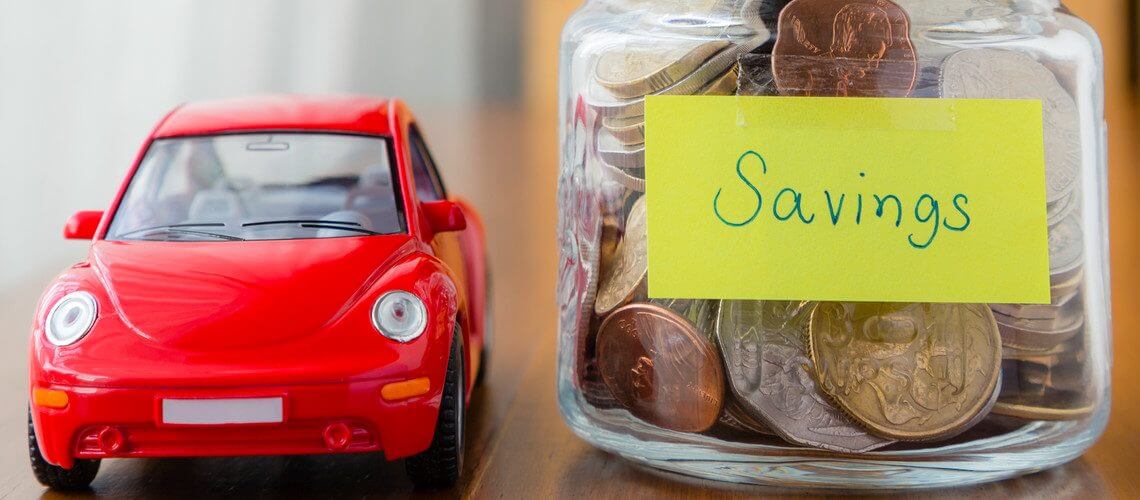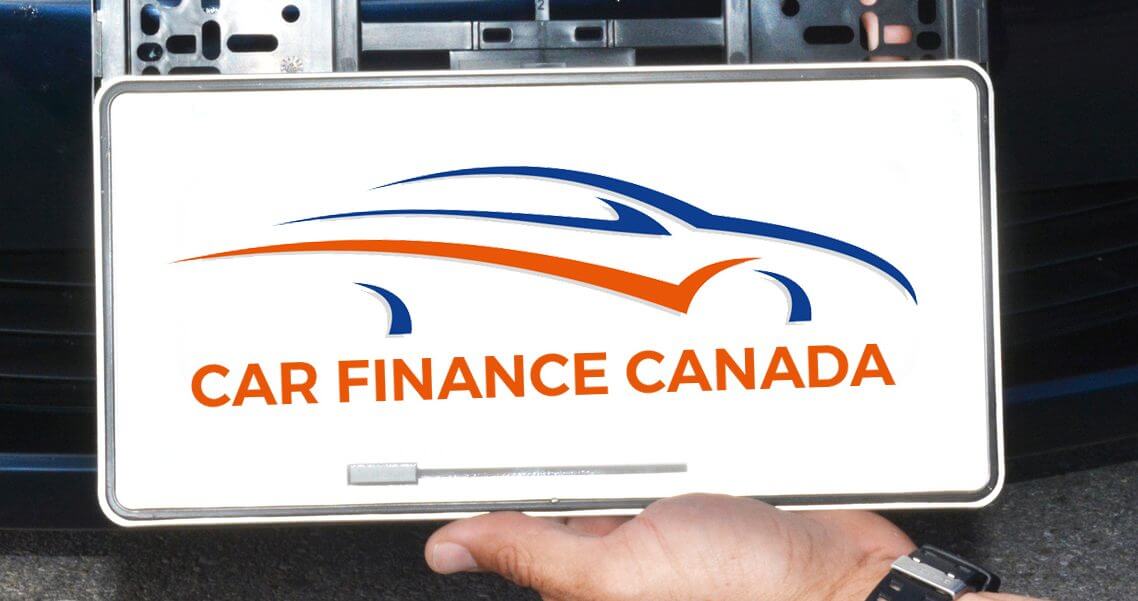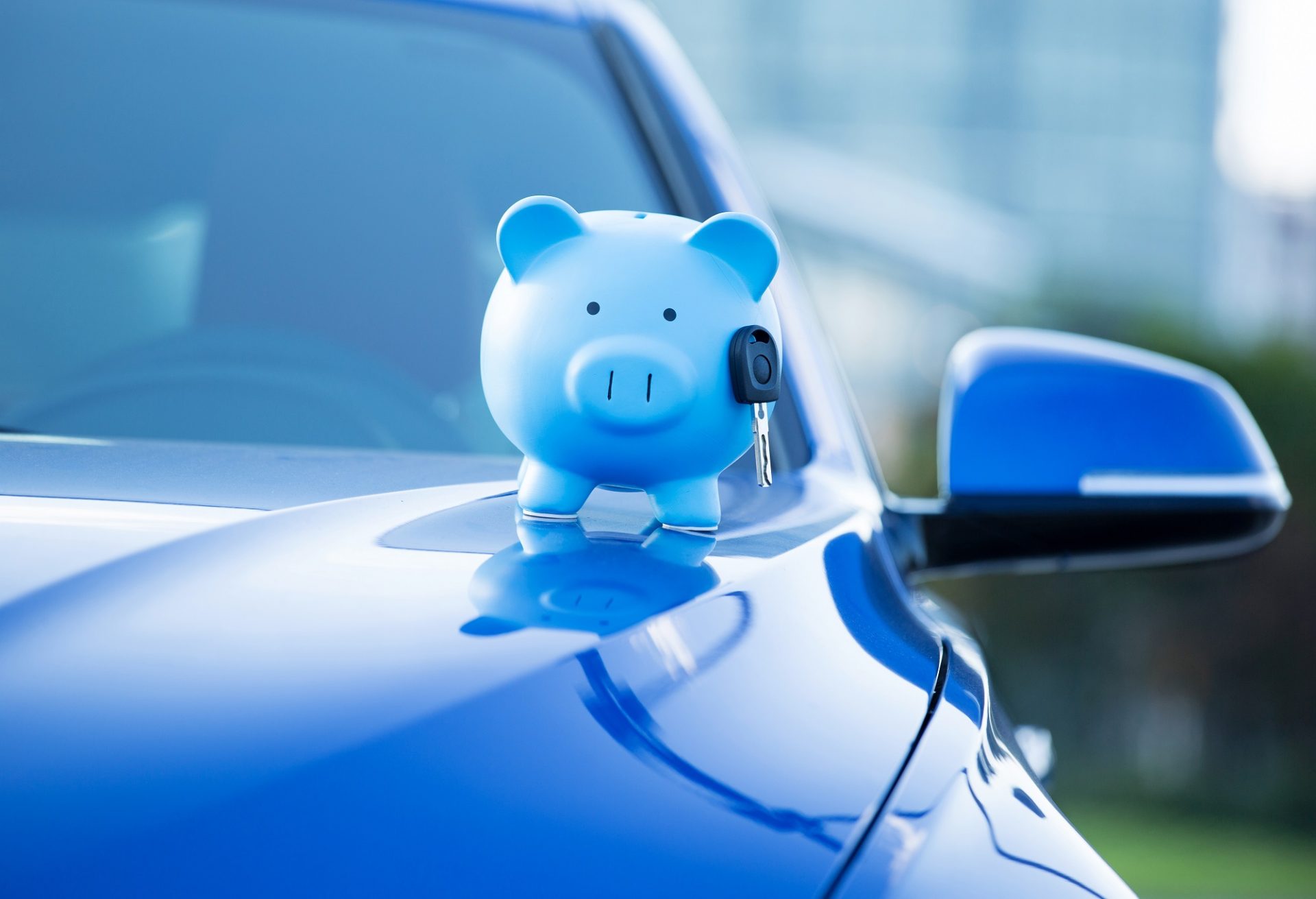Table of Contents
At The Threshold For Purchasing A Car
Possibly you have just graduated from college and need a car to go on interviews or you are starting a new job. You are in the market to buy a car but need some advice on how to go about it without being ripped off. You know you will have to plunk down some serious money for a car and must decide how you will manage the monthly payments.
We are here to give you our recommendations for saving up for a new car, how you can shop around to get the right price for your financial situation, and saving enough money for the down payment. You will learn how to factor in other expenses that are involved in purchasing a car.
Choose A Car That Is Right For You, Financially

Everyone would love to drive off in the brand new car of their dreams but if you are starting a new job after graduating from college, you know too well that’s just not realistic. You need to know how to set your limits and what is too much for a car.
One very important point that we can not stress enough, never spend more than 10% of your take-home salary, after taxes, for a car payment and no more than 20% on any car expenses such as car insurance.
Don’t Bite Off More Than You Can Chew
It can be really tempting to stretch out your payments by getting an 8-year loan vs a 5-year loan but show caution! If you decide to take out a loan for the maximum number of years, you could end up in a negative situation where you still owe on the car but the car is no longer operable, what then? You will also pay a lot more in interest over the life of the loan. It’s highly recommended that you do not take out a loan for more than 5 years so consider buying a car that is not as expensive as the one you have in mind. If you get too carried away, you will spend way too much on a vehicle while cutting yourself off from saving up for other important goals such as saving up for a home. Although it might be a really long way off, will you have money to put aside to retire on someday?
Keep one thing in mind, people working in sales at a dealership work on a commission basis. The more you spend, the more they make and their goal is to get you to spend as much money as possible. You must know, ahead of time, how much you can realistically spend and stick to it before you ever get to the dealership.
Know How Much Your Down Payment Will Be & The Time Needed To Save Up
Unless you are making a large salary, it’s just not realistic for you to pay cash for a car and if you have a mortgage it’s even less realistic. Even so, you should still aim for a good-sized down payment toward the car, if possible. If you are buying a new car, put one down at least 20% of the price tag for the car. If you are purchasing a pre-owned vehicle, aim for 10%.
Having a really good down payment has many advantages. You will save on the interest charges because you will be borrowing less money. On top of that, you might get a lower interest rate so you can pay your car off sooner.
Once you know how much you need for your down payment, figure out the amount of time you will need to save it up. You must figure out how much you can afford to put aside each month and when you need to purchase the vehicle. Again, always remain realistic, that’s the only way to make it all work
Know Your Other Expenses Related To The Car
As mentioned earlier, there are other expenses that come along when you purchase a car. Outside of the down payment, you will need enough money, monthly, for the following expenses:
Obviously, you will have your car payment which might be a significant amount of money.
You must have Car Insurance, it’s the law. You should look into bundling your car insurance in with your home insurance (if you have a home). You should shop around ahead of time to see what deals you can get. If you don’t have a home, there are more insurance providers then you can shake a stick at.
Taxes, Licensing Fees, License Plates, Registration, Etc

All of these expenses can vary from one province to another. You should check online for your province and find out, approximately, what the cost will be for these items. Your territory or province should have a page set up that breaks down these costs. As an example, check out Ontario’s dedicated page by Clicking Here
You should also know how much you will pay for the gas each month, especially commuting back and forth from work. Although you have no control of the price at the gas pumps, you can control your driving habits, how often you drive, and if you can get cash back at the pump.
Another area consumers overlook, maintenance and repairs that will come down the road. What you will pay for maintenance and repairs will largely depend on the make and model of your vehicle. You can set the amount, such as $75 a month, on these items which at least will give you an idea of expenses.
Keep in mind, you will save a lot of money by ensuring you get regular tune-ups and research quotes for various work done on cars. As mentioned earlier, it’s not a good idea to spend more than 20% of your monthly income on expenses for your car. If you can’t afford the expenses, it’s time to consider a less-expensive vehicle.
How Can I Save Toward My Down Payment?
There are two approaches you should use. The first, adjust your spending habits, and the second, use the right tools to increase your savings. You could ask an accountant at your place of work for some good advice about investing tools.
Cut Back On Your Expenses
Everyone needs a place to live and food – that’s a given. If you are renting, consider looking for a place that is less expensive or consider bringing in a roommate. On the other hand, if you have your own home, find out if you have the space to bring in a renter to lease that space for whatever time you need to save up the money.
Get in the habit of cooking in and cut back on eating out except for special occasions. Instead of hitting the fast-food places while driving home from work prepare meals ahead of time that can be placed in the freezer. Just take one, thaw it out, and enjoy a home-cooked meal! When hitting the grocery store, try and cut out coupons or consider buying in bulk which is actually less expensive. Keep an eye out when your grocery store will be having sales and take advantage of it.
Extra Money
Once you’ve found extra money in your budget, you should put it aside and let the interest grow. You should get a high-end savings account with your bank that is only for your car and the expenses. From your place of business, you can request that a certain amount of money coming out of your check will go directly into that savings account.
If a high-interest savings account is not an option, at this time, consider GICs if it’s going to take some time to save toward your down payment of a vehicle. GIC stands for The Global Industry Classification Standard which is used by the global financial world. GICs are not as flexible as a savings account and usually have strict terms when you can withdraw funds but they offer their account holders with very high-interest rates!

